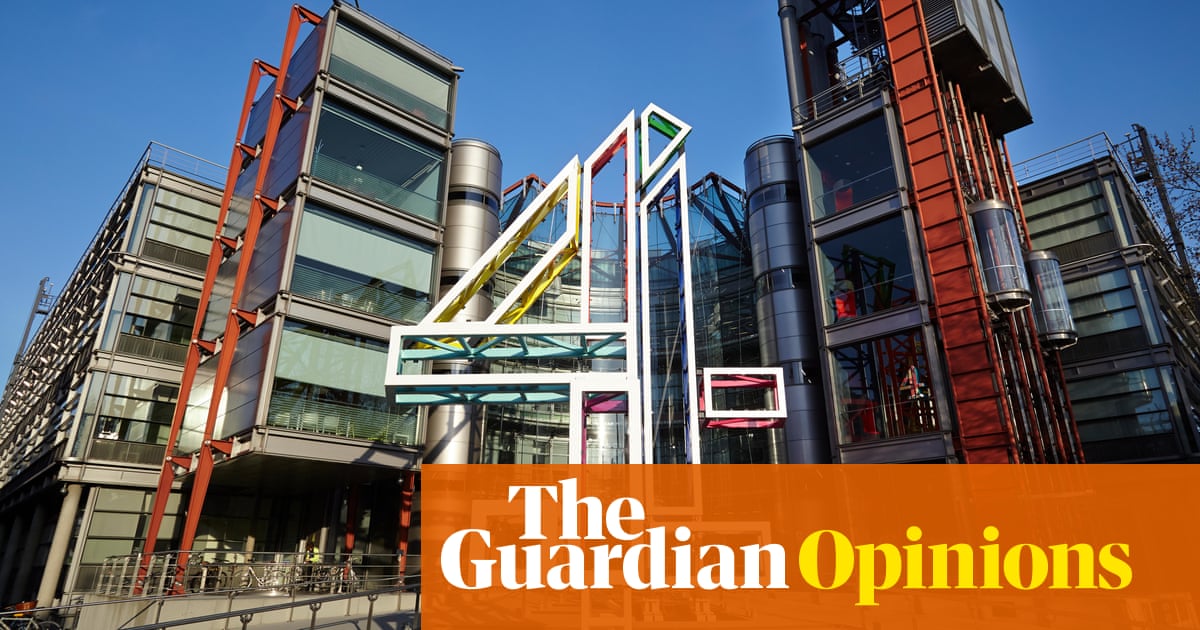
The world in 2022 is completely different to the one we knew before. After a devastating pandemic, we are now grappling with a global energy crisis, triggered by Russia bringing war back to Europe and weaponizing its energy supplies, cutting off customers and destructively burning its spare gas. In the background, the climate crisis gets worse by the day. Global warming is fast approaching the 1.5 degrees Celsius level we have pledged to avoid. This is a tipping point that threatens lives and livelihoods across our entire planet.
The disruptive and increasingly lethal effects on every aspect of life are by now beyond doubt. From our degraded ecosystems, disappearing forests, collapsing glaciers and receding shorelines to fires, heat waves, floods, storms and drought. The changes we face are inescapable. No individual can stop climate change. No vaccine will come to the rescue. Try as you might, you cannot negotiate an agreeable settlement with planet Earth. Yet, rather than fueling despair, apathy or resignation, we must create hope and show determination to act for the climate. The solutions and technologies are well within reach, but we must plan, invest decisively and, most importantly, act now. Time is not on our side.
At the COP27 climate conference in November, each country must set out what it has done and intends to do to limit the increase of global temperature to 1.5 degrees. In the EU, our commitments are fixed in law: We will cut emissions by at least 55 percent by 2030 and reach climate neutrality by 2050.
The EU does not claim to have all the answers, and we are eager to hear how others are delivering on their own climate ambitions. In Europe, we have had to put in place exceptional measures to cope with the energy crisis provoked by Russia’s war of aggression against Ukraine. We have also had to postpone some of the decommissioning of coal-fired power plants as a temporary emergency measure for the coming winter. But while the use of coal has temporarily gone up in a number of European countries, national coal phase-out dates remain unchanged. We are implementing much stricter energy efficiency targets and will move much more swiftly to adopt renewable energy, using less gas than initially expected. Our overall climate commitments are therefore not in jeopardy. In fact, we have increased our ambition for renewables deployment this decade.
Around the world, we need to accelerate mitigation measures to tackle the problem at the source
Patrick Simonnet
Some voices have called on us to be “realistic” and put climate action on the back-burner as there are other crises to deal with. But social unrest can be tackled by climate action. It is Russia’s unjustified war of aggression in Ukraine and expensive fossil fuel imports that are increasing our energy bills. In Europe, this has increased our citizens’ appetite for getting rid of fossil fuels as fast as possible.
It is clear that the climate crisis disproportionately impacts those who have the least — in Europe and across the world. As climate change progresses, millions are at risk of losing their homes, water supply, livelihoods and even their lives, as witnessed recently during severe flooding in Pakistan. Around the world, we need to accelerate mitigation measures to tackle the problem at the source. In parallel, we need to do more to support adaptation to climate change, and to avert and address loss and damage.
The EU continues to be the world’s biggest donor of climate finance, providing almost $28 billion in 2020, and of humanitarian support. European countries will intensify their efforts, but we will not solve this crisis alone. The efforts and buy-in of all countries are needed, especially major emitters, alongside a massive mobilization of private finance to complement public funds.
It is time for action. We must now go beyond pledges and deliver results. Demonstrating success through implementation, influencing our peers and persuading actors at all levels — from the UN to the individual — to do what they can. For centuries, we have drained the planet of its resources and now the planet is reaching her limits. It is time for us to halt the damage and prevent Earth from becoming uninhabitable for humankind. Future generations will judge us on what we do — so let’s do it right and let’s do it right now.
• Patrick Simonnet is the EU Ambassador to the Kingdom of Saudi Arabia, Kingdom of Bahrain and Sultanate of Oman. Twitter: @eusimonpa












